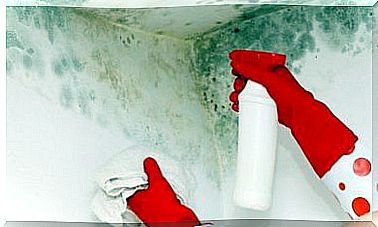How Do You Discover An Autism Spectrum Disorder?

Autism spectrum disorder (ASD) is a neurological disorder that can lead to significant social and communication, as well as behavioral problems, during the early years of life.
You may have heard something like that about a child. Children with autism sometimes behave a little differently. However, they can also have very special skills that can lead to a great future if given the chance to develop these skills.
People with autism spectrum disorder sometimes repeat certain behaviors and do not like changes in their daily routine. They also have different ways of learning, paying attention, or reacting to certain situations.
Autism spectrum disorders include many conditions that are diagnosed separately, such as:
- autism
- PDS-NOS
- Asperger’s syndrome
To diagnose an autism spectrum disorder, you have to put heredity aside. An ASD is not diagnosed through biological characteristics. These conditions are diagnosed through an extensive process of observation and analysis of behavior and development.
The diagnosis of these disorders is done by health professionals (neurologists, psychiatrists, psychologists) and parenting specialists (child psychologists, speech therapists, occupational therapists) to see all the details that the family has to offer.
How do you identify an autism spectrum disorder?

The way in which an ASD manifests itself can be different for everyone, both in terms of behavior and the severity of the disorder.
Don’t worry though. The most important thing is that you know about the disorder so that you can help your child as early as possible.
Some of the key features may include the following:
- Making little or irregular eye contact. Children with an ASD often stare thoughtfully into space.
- Tendency not to look or listen to the people around them.
- Rarely wanting to share objects or activities with others. Children with ASD live in their own world, which makes them happy, where they can be whoever they want.
- Difficulty following conversations.
- Repeating words or phrases they hear. This is known as echolalia.
- Facial expressions, movements or gestures that do not match what they are saying.
- An unusual intonation, which sounds like they are singing, or is very monotonous.
- Difficulty understanding the point of view of others, which prevents them from assessing or understanding certain situations.
How Are Autism Spectrum Disorders Treated?

Early treatment is very important for a child with an ASD. There are few types of medications that specialists can use to treat this condition.
Medications for the treatment of autism spectrum disorders can have the following side effects for the patient:
- irritability
- aggression
- hyperactivity
- exhibit repetitive behavior
- problems with attention
- fear
- depression
Therefore, it is very important to go to a good specialist to develop the best treatment program. However, it is also fundamental that the child does not feel pressured or compelled to behave like other children.
Reflection

At Healthier Living we believe that it is our differences that make us unique as humans. If you have a child with one of these conditions, you should never be ashamed of him or her. On the contrary. It will be an enriching experience for the rest of your life.
You will change as a person and you will identify with the cause. In many places people are fighting for the rights of people with autism spectrum disorder.
We’ve told you about some things to look out for if you suspect your child has an Autism Spectrum Disorder, but you should always have this confirmed by a specialist.









